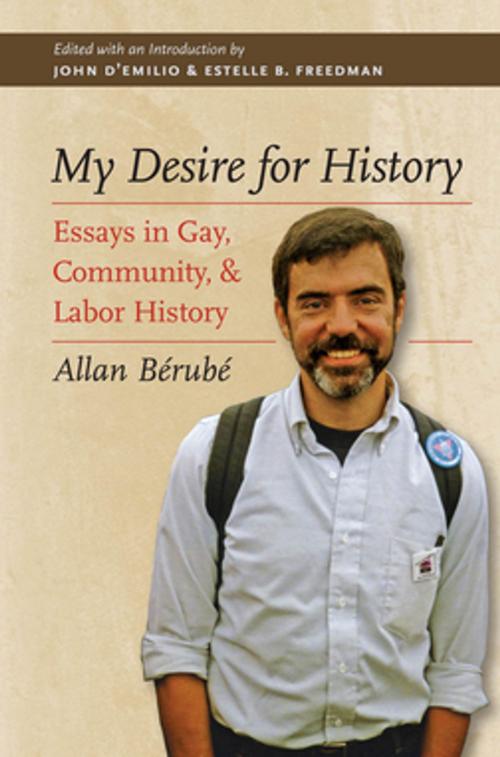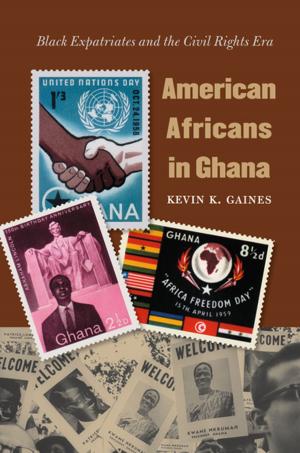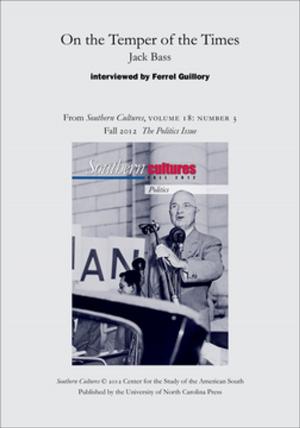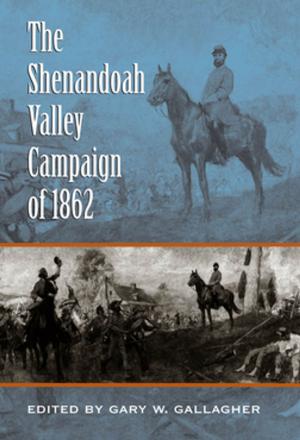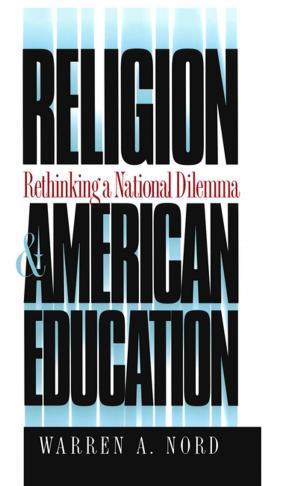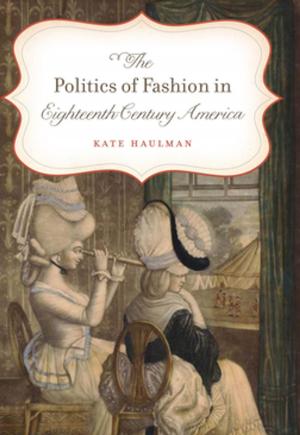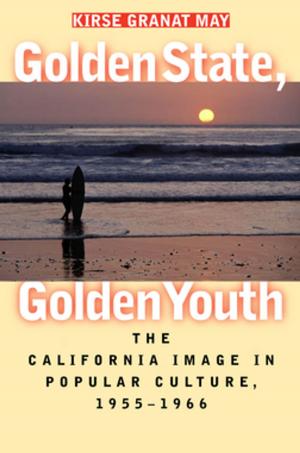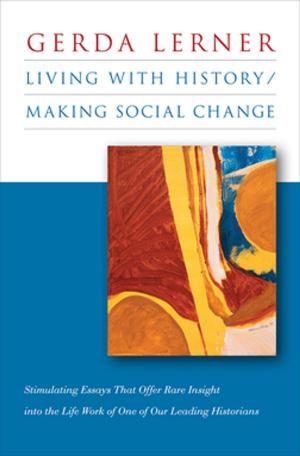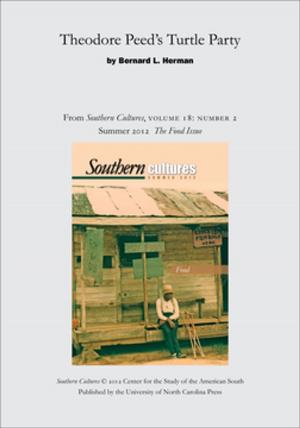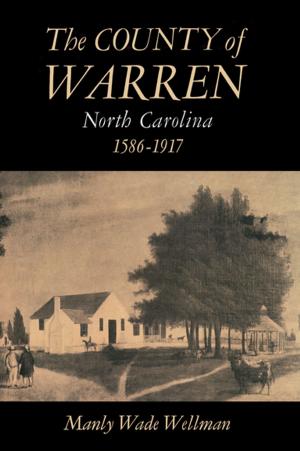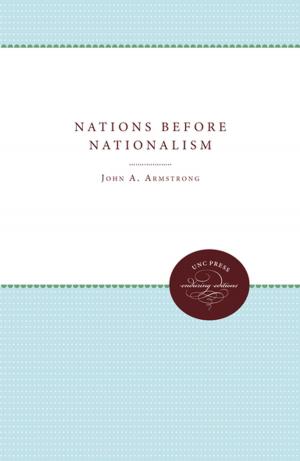My Desire for History
Essays in Gay, Community, and Labor History
Nonfiction, Social & Cultural Studies, Social Science, Gender Studies, Gay Studies, History, Americas, United States| Author: | Allan Bérubé | ISBN: | 9780807877982 |
| Publisher: | The University of North Carolina Press | Publication: | June 1, 2011 |
| Imprint: | The University of North Carolina Press | Language: | English |
| Author: | Allan Bérubé |
| ISBN: | 9780807877982 |
| Publisher: | The University of North Carolina Press |
| Publication: | June 1, 2011 |
| Imprint: | The University of North Carolina Press |
| Language: | English |
This anthology pays tribute to Allan Berube (1946-2007), a self-taught historian and MacArthur Fellow who was a pioneer in the study of lesbian and gay history in the United States. Best known for his Lambda Literary Award-winning book Coming Out Under Fire: The History of Gay Men and Women in World War II (1990), Berube also wrote extensively on the history of sexual politics in San Francisco and on the relationship between sexuality, class, and race. John D'Emilio and Estelle Freedman, who were close colleagues and friends of Berube, have selected sixteen of his most important essays, including hard-to-access articles and unpublished writing. The book provides a retrospective on Berube's life and work while it documents the emergence of a grassroots lesbian and gay community history movement in the 1970s and 1980s. Taken together, the essays attest to the power of history to mobilize individuals and communities to create social change.
This anthology pays tribute to Allan Berube (1946-2007), a self-taught historian and MacArthur Fellow who was a pioneer in the study of lesbian and gay history in the United States. Best known for his Lambda Literary Award-winning book Coming Out Under Fire: The History of Gay Men and Women in World War II (1990), Berube also wrote extensively on the history of sexual politics in San Francisco and on the relationship between sexuality, class, and race. John D'Emilio and Estelle Freedman, who were close colleagues and friends of Berube, have selected sixteen of his most important essays, including hard-to-access articles and unpublished writing. The book provides a retrospective on Berube's life and work while it documents the emergence of a grassroots lesbian and gay community history movement in the 1970s and 1980s. Taken together, the essays attest to the power of history to mobilize individuals and communities to create social change.
